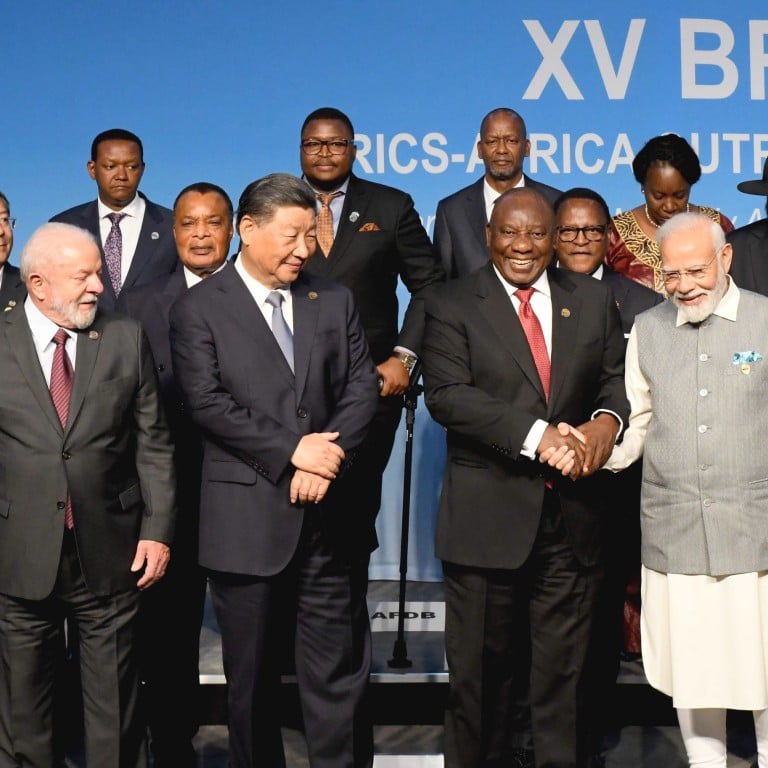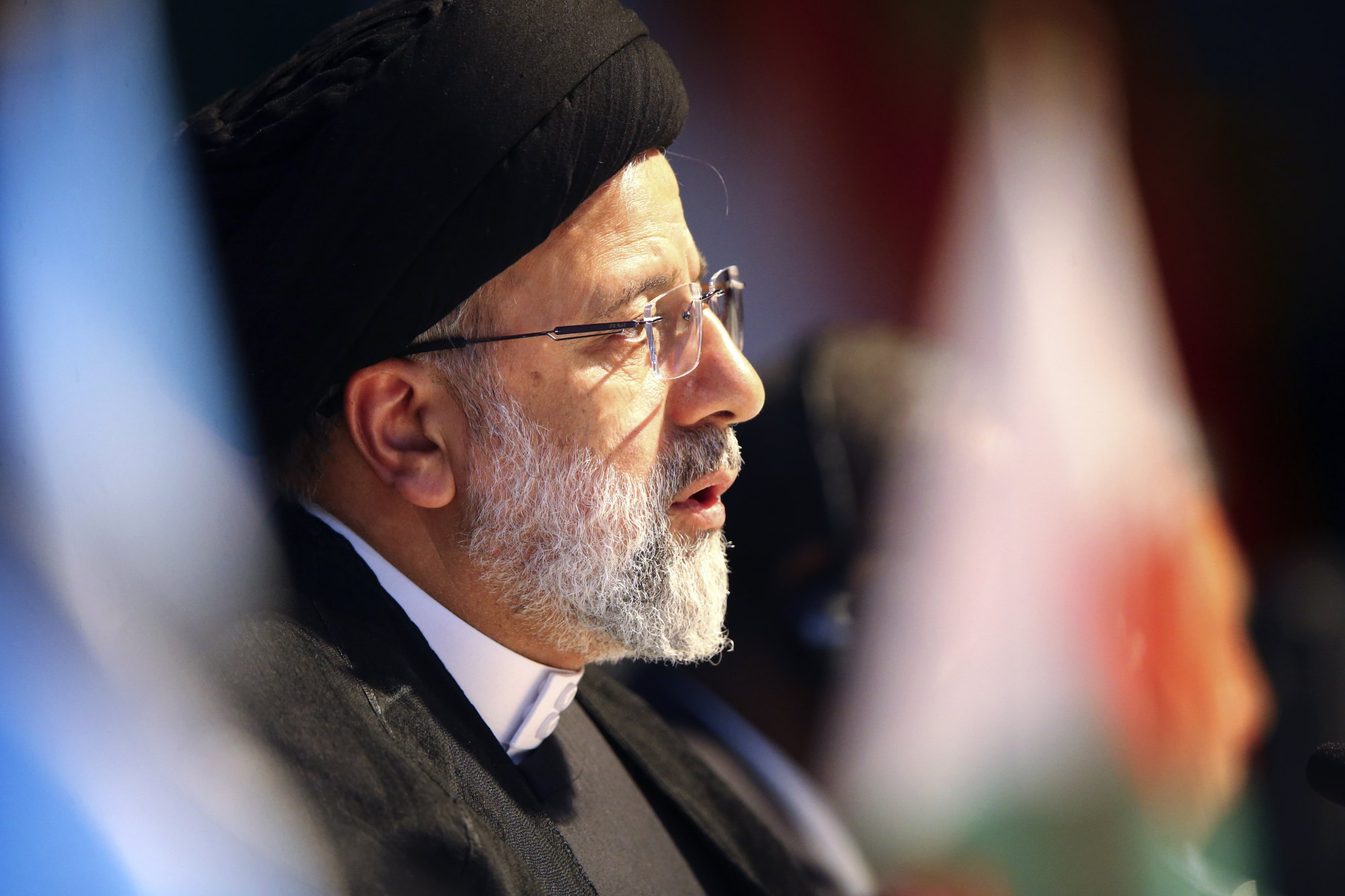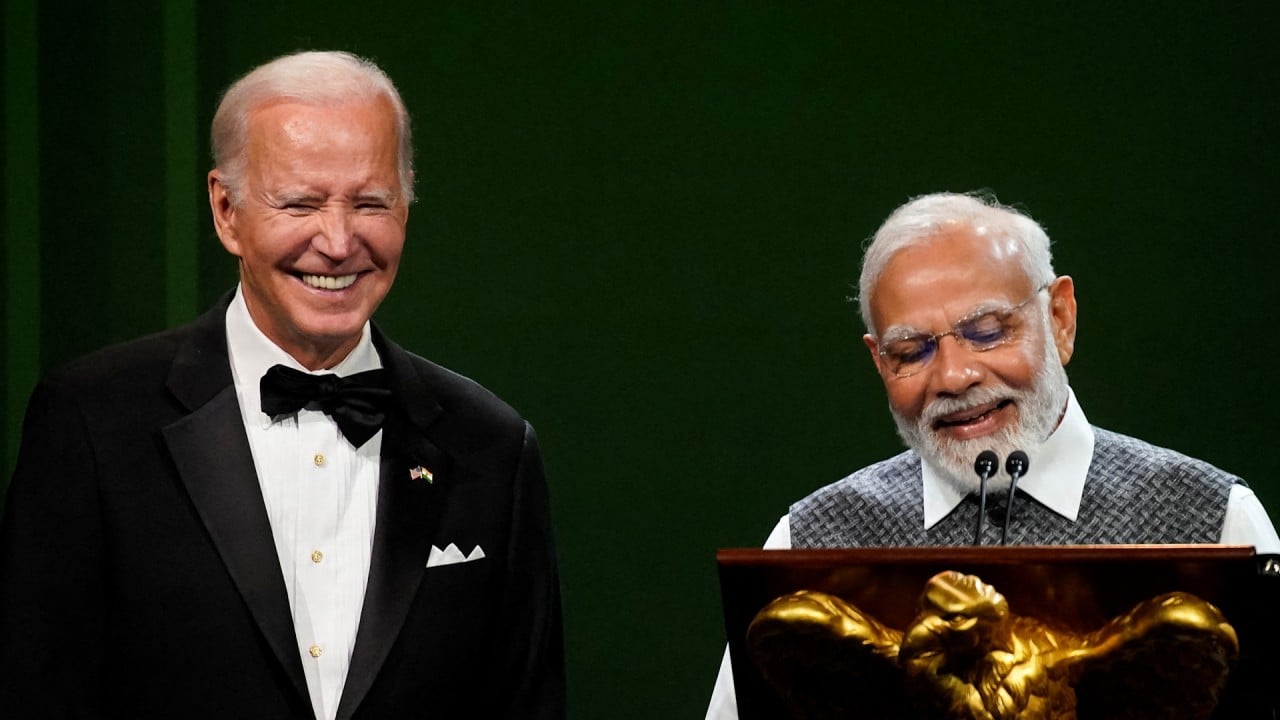
Brics’ biggest challenge in the near term is not falling apart
- The biggest challenge now facing the bloc is not whether it can reform global governance or introduce a common currency, but whether it can remain united and focused without the politics of future members steering it off course
Brics+ was inevitable. But the nations that have been added – Argentina, Egypt, Ethiopia, Iran, Saudi Arabia and the United Arab Emirates – bring a new sense of uncertainty and fragmentation to the bloc.
By expanding the group the way it has, Brics has actually become more fragile than it has ever been. Its future is truly unknown.
There are several reasons for this. First, since its inception, Brics has been a grouping of new economic powers who shared objectives in areas like development and trade.

For most of India’s history, non-alignment and neutrality have been the guiding principles. Will India oppose whatever the Beijing-Moscow-Tehran axis pushes, from energy to security? And, if India is outvoted or outmanoeuvred, pushing New Delhi in a direction it does not like, will India stay in Brics or leave?
Perhaps, Indonesia wants to maintain its non-alignment stance. This leads to a different question: who does joining Brics align a nation with?
Rejecting Brics membership is akin to South Korea or Australia saying they are not interested in joining the G7 as full members. Behind the words is a different message: the group is not important to us. Is Brics already losing its attractiveness?
Expanded Brics’ key message: West is not the only show in town
Is Brics ready to deal with these kinds of challenges beyond diplomacy? Would Brics be prepared to marshal resources, from sending in Brics peacekeepers or establishing Brics emergency funds, to keep its members stable? Such steps, even if intended to bring calm, could generate their own shock waves.

But, one thing is for sure, Brics’ decision to expand may create headaches in the short term. The biggest challenge facing Brics is not whether it can reform global governance or introduce a common currency. The more pressing issue is whether Brics nations can keep the bloc united, focused and above water, without the politics of future members, such as Argentina and Iran, taking the boat off course.
And all of this is just after the first round of expansion. The next round could add yet another layer of fragmentation and uncertainty to the group. Through expansion, Brics is accelerating in a new direction. There is no turning back.
Many nations are now playing the waiting game when it comes to Brics. Countries like China and India are no longer the new kids on the block. The real showdown between the established order and new order is just beginning. And nobody wants to bet the wrong way. From the Western nations to emerging powers, everybody will be watching Brics+ to see what transpires.
And, if nothing happens, the next time Brics meets, it might be under clouds of regret.
Abishur Prakash is the CEO of The Geopolitical Business, an advisory firm in Toronto


